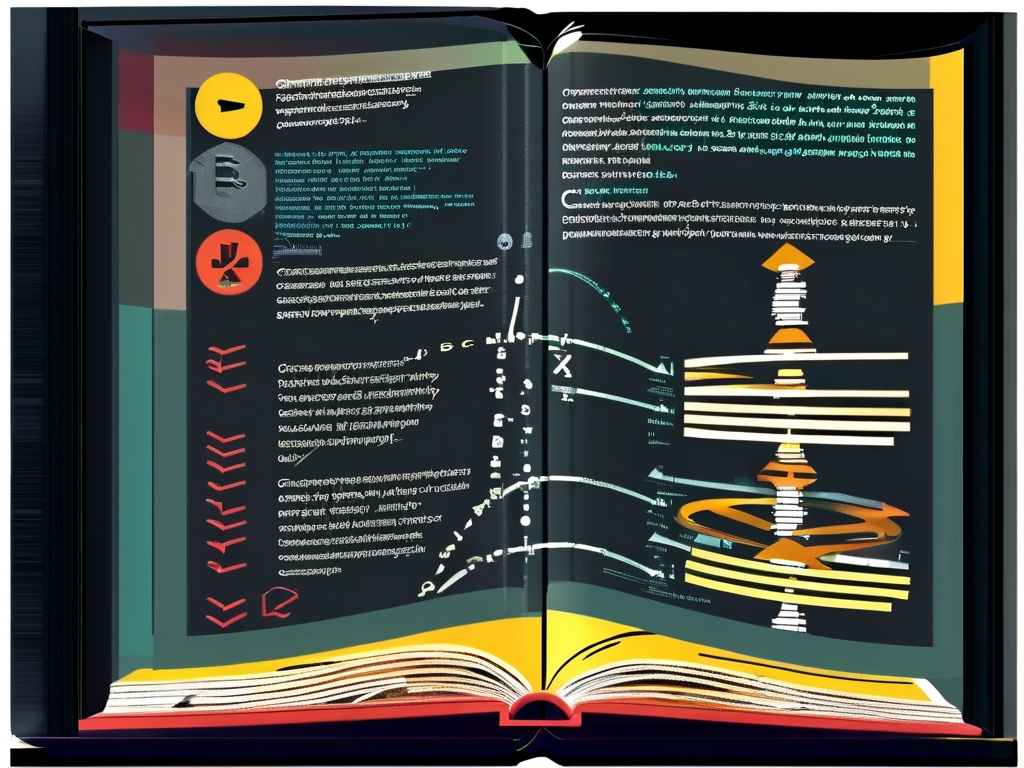Understanding compiler principles requires more than casual reading - it demands strategic engagement with complex technical concepts. As foundational knowledge in computer science, this field combines mathematical rigor with practical implementation challenges. Here's a comprehensive approach to mastering compiler-related literature while avoiding common pitfalls.

The Layered Learning Framework
Begin by establishing clear learning phases. Phase 1 focuses on architectural overviews: grasp the compiler's pipeline from lexical analysis to code generation. A sample tokenization snippet illustrates this initial stage:
def tokenize(source):
tokens = []
while source:
if source[0].isdigit():
num = re.match(r'\d+', source).group()
tokens.append(('NUMBER', num))
source = source[len(num):]
# Add other token patterns...
return tokens
Phase 2 involves comparative analysis of parsing techniques. Contrast recursive descent with LR parsing through concrete examples, noting how each handles operator precedence. Phase 3 focuses on optimization strategies, examining real compiler output using tools like LLVM's intermediate representation.
Contextualized Knowledge Building
Cross-reference multiple authoritative resources simultaneously. While reading Aho's "Dragon Book," parallelly consult modern implementations like Clang or Roslyn source code. This dual perspective bridges theoretical concepts (e.g., static single assignment form) with contemporary engineering practices. Maintain annotated code excerpts in a structured knowledge base, categorizing them by compilation phase and language feature.
Active Implementation Practice
Transition from passive reading to active construction through incremental projects. Start by building a calculator interpreter that handles basic arithmetic with proper precedence, then scale up to supporting variables and functions. Use parser generators like ANTLR while maintaining handwritten components for critical paths. Measure your progress through test coverage metrics:
$ make test Lexer tests: 98% passed Parser tests: 95% passed Codegen tests: 82% passed
Pattern Recognition Development
Cultivate the ability to identify recurring compiler design patterns across different implementations. Notice how register allocation strategies in GCC mirror memory management approaches in Java virtual machines. Document these observed patterns in a dedicated journal, noting variations and trade-offs between different systems.
Community-Enhanced Learning
Participate in compiler-focused SIGs (Special Interest Groups) and code review sessions. When encountering challenging concepts like SSA form construction, submit targeted questions to compiler developer forums with concrete code examples. Contribute to open-source compiler projects through documented issue resolutions, which deepens practical understanding while receiving expert feedback.
Cognitive Load Management
Implement spaced repetition for core algorithms. Create Anki cards for critical concepts like FIRST/FOLLOW sets generation:
FIRST(A → αβ) = FIRST(α) ∪ (if α nullable then FIRST(β))Schedule weekly review sessions focusing on different compilation phases, using visual aids like syntax tree diagrams and control flow graphs to reinforce memory retention.
Debugging-Driven Comprehension
Purposefully introduce errors in reference implementations to develop diagnostic skills. Break a working type checker and methodically trace the failure cascade through various compilation stages. Use debuggers to step through compiler execution, observing how abstract syntax trees transform during optimization passes.
This multidimensional approach transforms compiler theory study from passive consumption to active mastery. By interleaving conceptual study with practical implementation, maintaining systematic documentation, and engaging with developer communities, learners can achieve deep, lasting comprehension of compiler architecture and operation principles.









